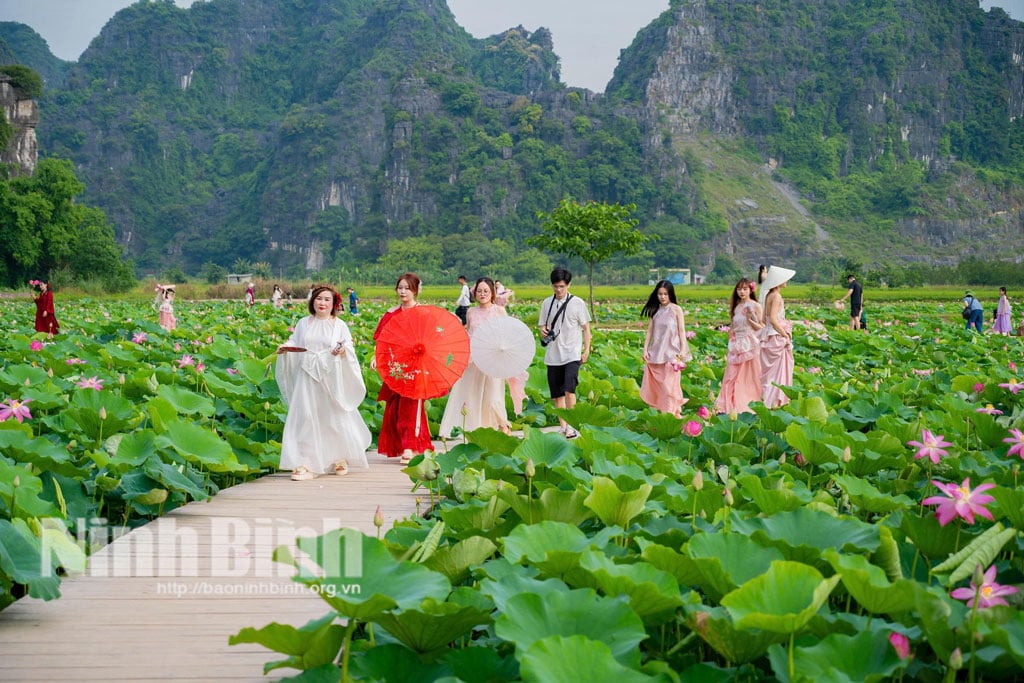
Part 1: From fields to ecological experiences
The fields in Ninh Binh are now not only for production but have become attractive tourist destinations, bringing unique experiences to visitors.
During the lotus season, standing on the top of Ngoa Long Mountain in Hang Mua Tourist Area, visitors can admire the panoramic view of the vast lotus pond in bloom. The fragrant lotus scent and fresh air not only bring a sense of relaxation but also stimulate visitors to participate in activities such as picking lotus, brewing tea and enjoying typical lotus dishes such as: steamed chicken in lotus leaves, lotus sticky rice, lotus root salad... This journey takes visitors from observers to participants, creating a strong emotional connection.
Similarly, at the Golden Camellia Valley of Vu Gia Medicinal Herbs Company Limited, visitors can explore the brilliant tea gardens, learn about the precious uses of this plant, harvest it themselves and enjoy a cup of hot tea right on the spot.
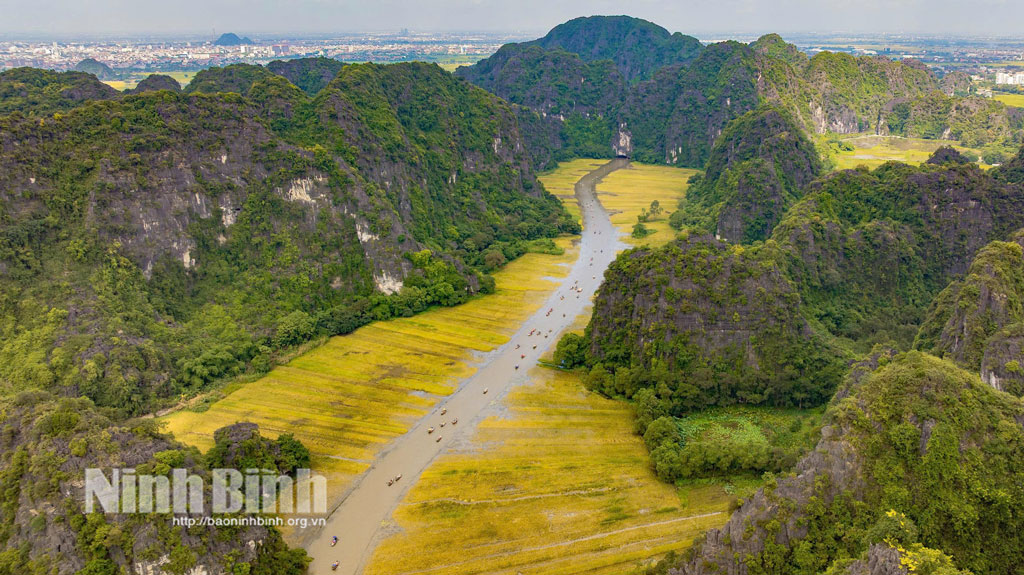
Or in Tam Coc rice fields - one of the symbols of Ninh Binh, has demonstrated the successful combination of agricultural production and tourism. The beauty of the golden ripe rice fields has attracted millions of visitors, bringing in a large source of income. Tam Coc rice fields not only provide food but also create a vivid picture, raising awareness of landscape conservation and the value of agricultural labor.
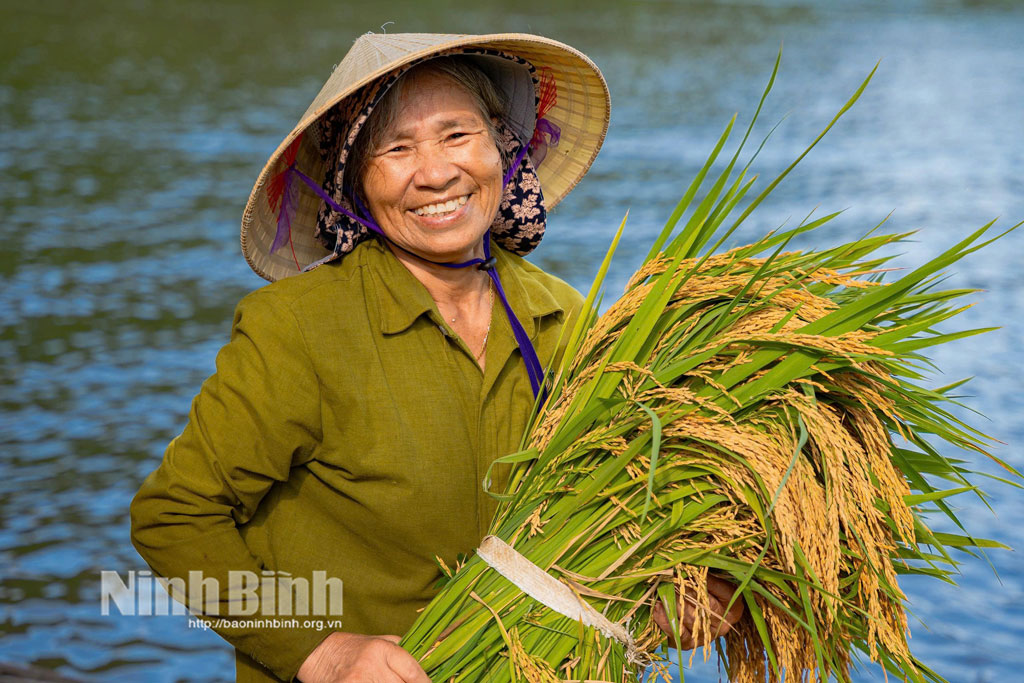
Agricultural models associated with experiential tourism such as Tam Coc rice fields, Hang Mua lotus pond, Riti chrysanthemum fields or yellow camellia valley, etc. are increasingly developing and expanding in the province. These are not simply tourist attractions, but also a way for Ninh Binh to improve the competitiveness of agricultural products and affirm the brand of "green agriculture - green tourism". This unique combination not only brings organic and ecological agricultural products to tourists but also "turns" the fields into attractive tourist destinations, attracting millions of domestic and foreign visitors.
Mr. Pham Tien Duat, Deputy Director of Vu Gia Medicinal Materials Company Limited, shared: “When we started growing yellow tea flowers, we determined that the product must follow organic standards to maximize the benefits of this precious medicinal herb. Support from the province, from policies and resources, has helped us perfect the process, from planting, care, to harvesting and processing. Now, the yellow tea flower growing area not only creates agricultural products but is also a tourist destination, adding value to local agricultural products.”
With a clear development orientation, in recent times, Ninh Binh province has achieved encouraging results in shifting from traditional production to organic agriculture, ecological agriculture, associated with the development of experiential tourism. Currently, the whole province has 25.9 hectares certified for organic production, mainly focusing on medicinal plants (kuzu, turmeric, golden tea, Cuc Phuong ginseng, Gynostemma pentaphyllum, Solanum procumbens, stevia, honeysuckle, perilla...). More than 5,000 hectares of rice and over 700 hectares of vegetables are also organized for organic production; 6,000 hectares of rice cultivation area reduce greenhouse gas emissions along with many models of growing vegetables, medicinal herbs and aquaculture applying VietGAP, GlobalGAP standards...
In particular, nearly 1,700 clam farming areas in Rang Dong and Kim Son have been internationally certified by ASC - an international standard for sustainable aquaculture, protecting the environment, ecosystems, rights of workers and local communities. ASC is not only a prestigious certification, but also a famous brand worldwide for safe and quality farmed seafood products.
Regarding OCOP products, the whole province has 980 products achieving 3 stars or more, of which 153 products achieve 4 stars, 3 products achieve 5 stars, contributing to increasing the added value of local agricultural products.
To achieve these results, Ninh Binh has implemented many synchronous solutions. The focus is on promoting information and propaganda on safe, organic production, linked to the market and environmental protection. Training courses and technology transfer have helped farmers raise awareness and be more proactive in production. In addition, the province is interested in effectively implementing Decision No. 885/QD-TTg of the Prime Minister approving the Project on organic agriculture development for the period 2020-2030; Decree No. 109/ND-CP dated August 29, 2022 of the Government on organic agriculture.
In particular, the province has issued many practical mechanisms and policies such as: supporting the production of high-quality, organic specialty rice; supporting the production of high-tech vegetables and fruits, investing in the construction of greenhouses, net houses and smart irrigation systems; supporting machinery and equipment for production and post-harvest, such as transplanters, dryers and drones; supporting the development of OCOP products and local specialties... Brand promotion and trade promotion policies also help many OCOP and organic products reach further, appearing on e-commerce platforms, supermarkets and large distribution systems.
Talking to us, Mr. Nguyen Sinh Tien, Deputy Director of the Department of Agriculture and Environment shared: “The development of organic agriculture is not only an economic orientation but also the responsibility of the department in protecting the environment and public health. The province's policies have created the legal corridor and necessary resources for people and businesses to feel secure in investing. The participation of the entire political system has helped the province's agricultural sector achieve initial successes, creating a solid foundation for the next stage."
(To be continued)
Source: https://baoninhbinh.org.vn/ninh-binh-don-dau-xu-the-nong-nghiep-huu-co-rdc344-250906141224105.html









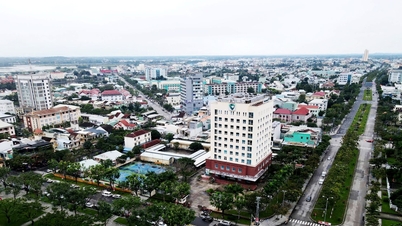

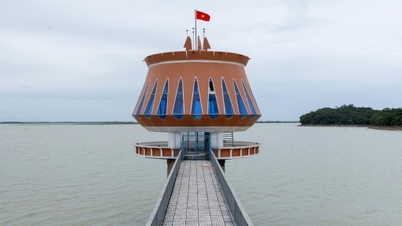









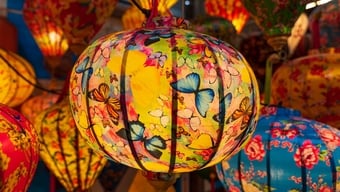


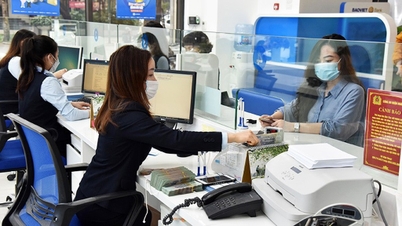


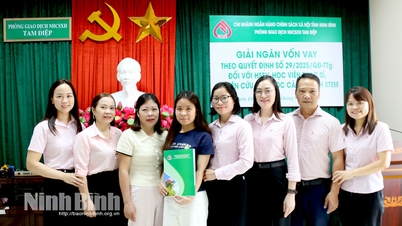
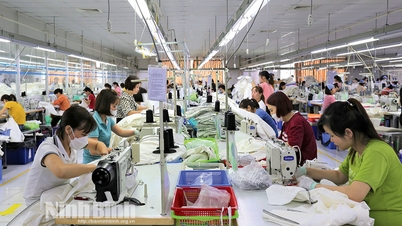
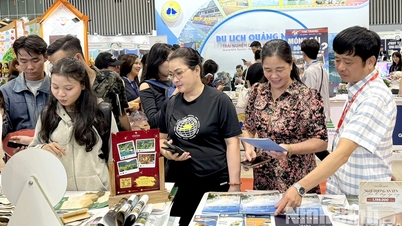
![[Photo] Impressive display booths of provinces and cities at the Exhibition 80 years of the Journey of Independence - Freedom - Happiness](https://vphoto.vietnam.vn/thumb/1200x675/vietnam/resource/IMAGE/2025/9/7/cd63e24d8ef7414dbf2194ab1af337ed)




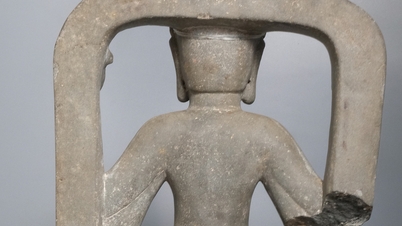

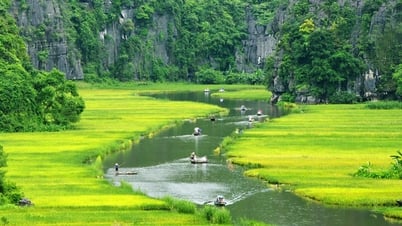
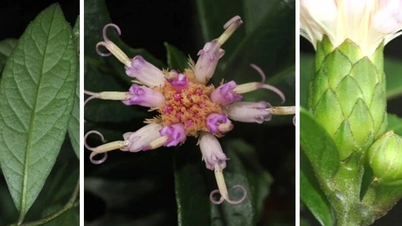







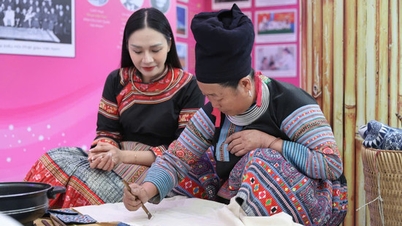




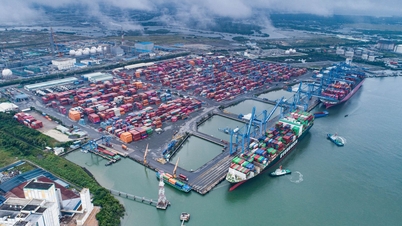














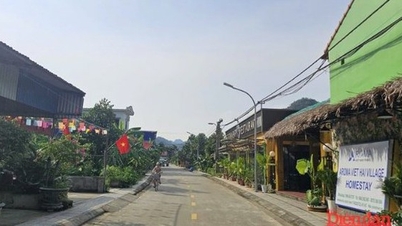

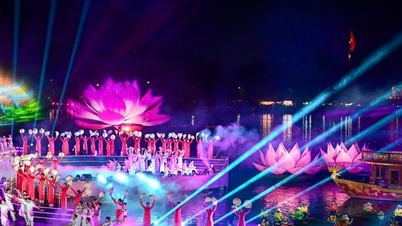
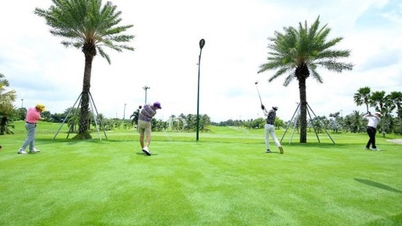






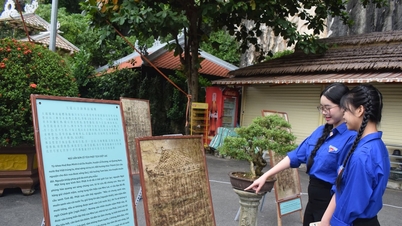



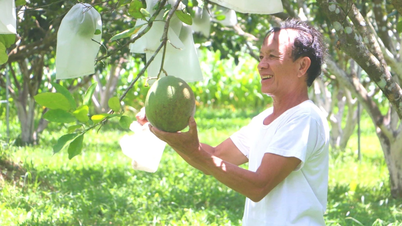












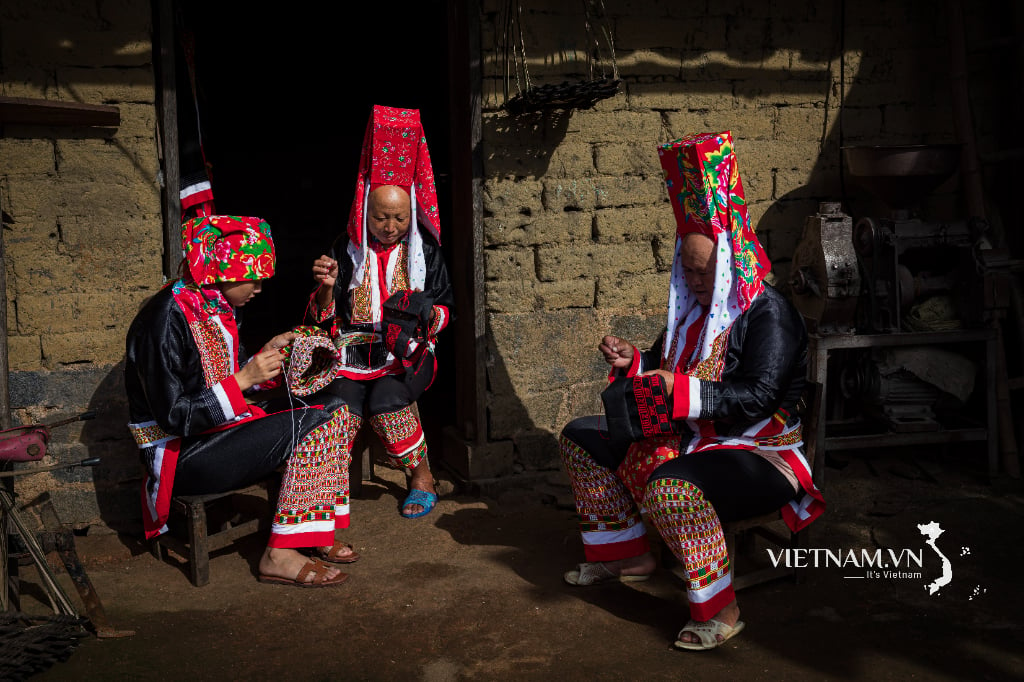
Comment (0)